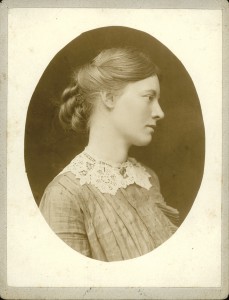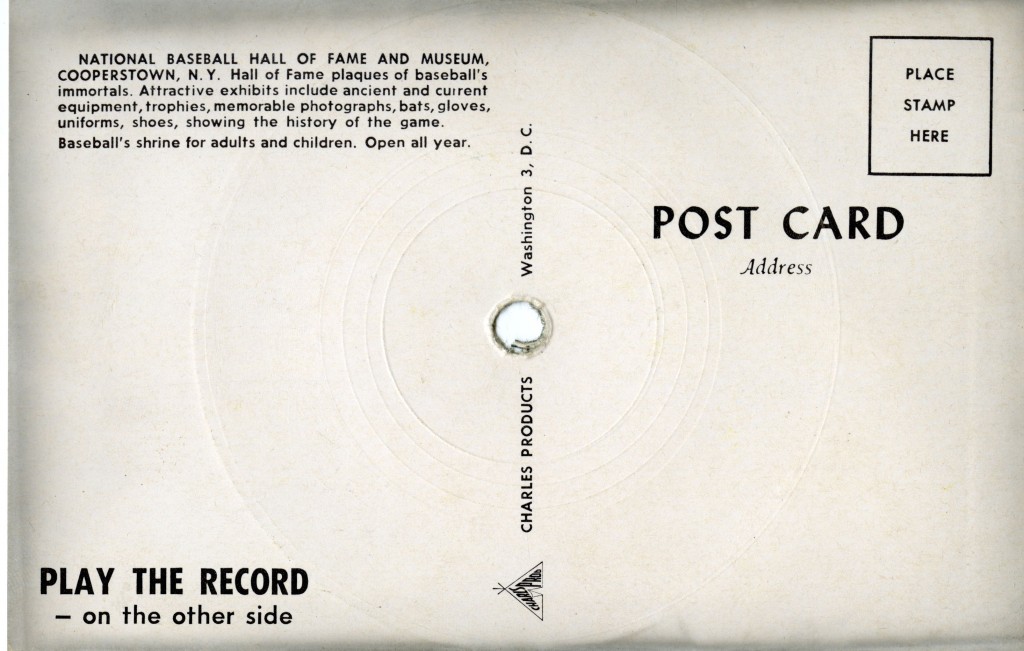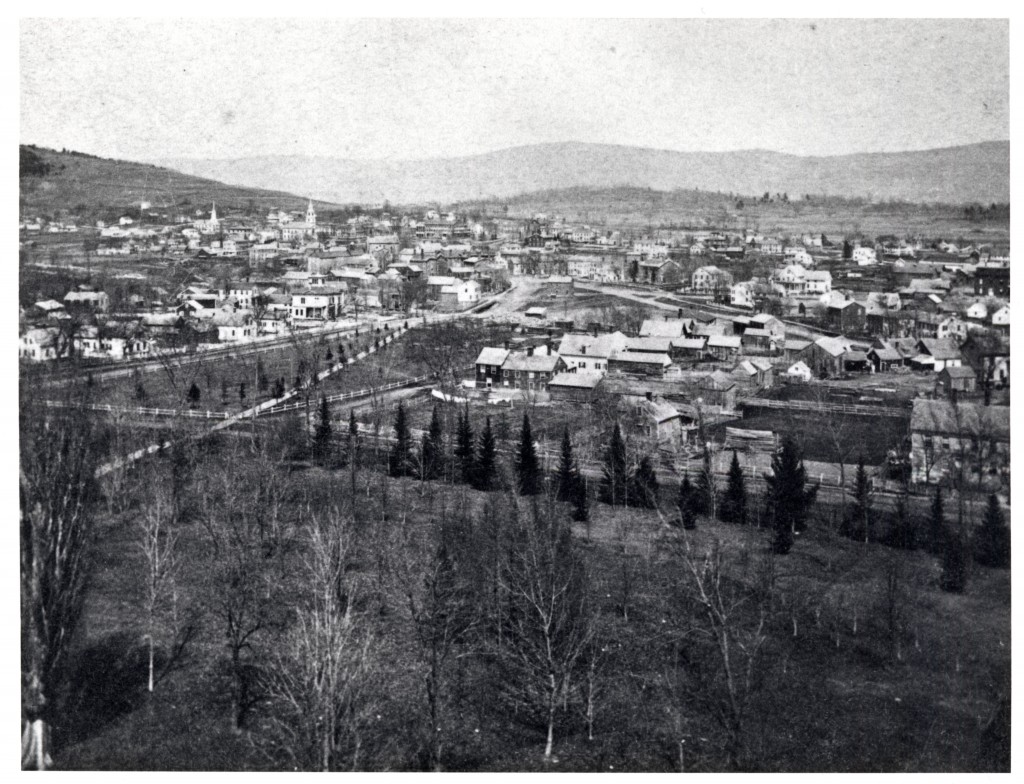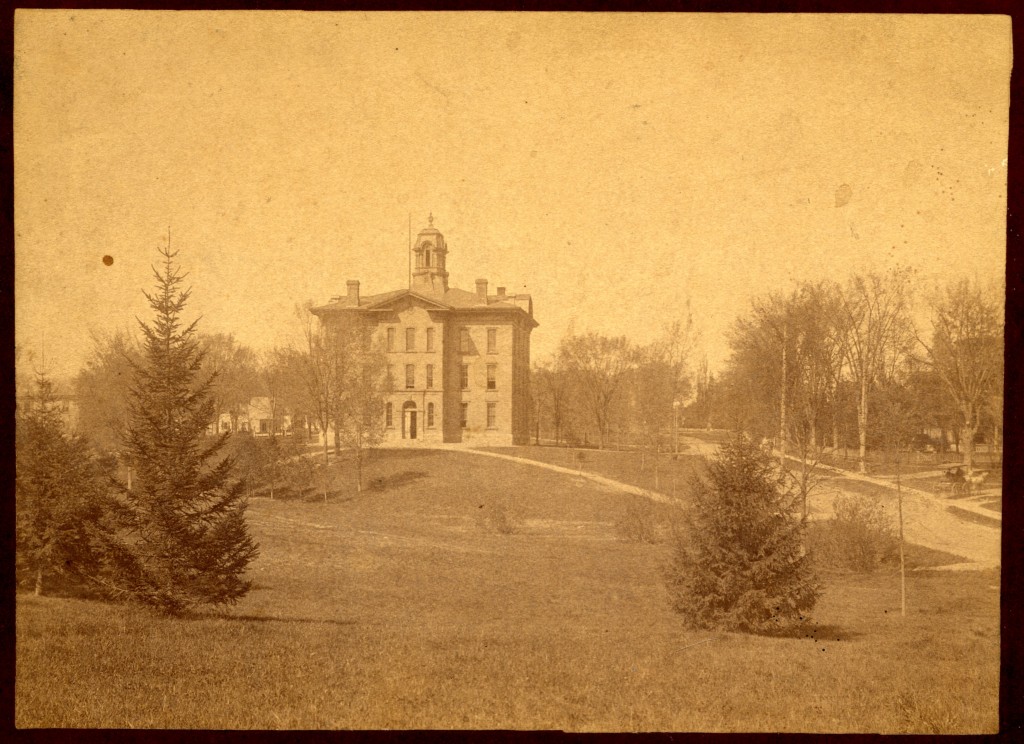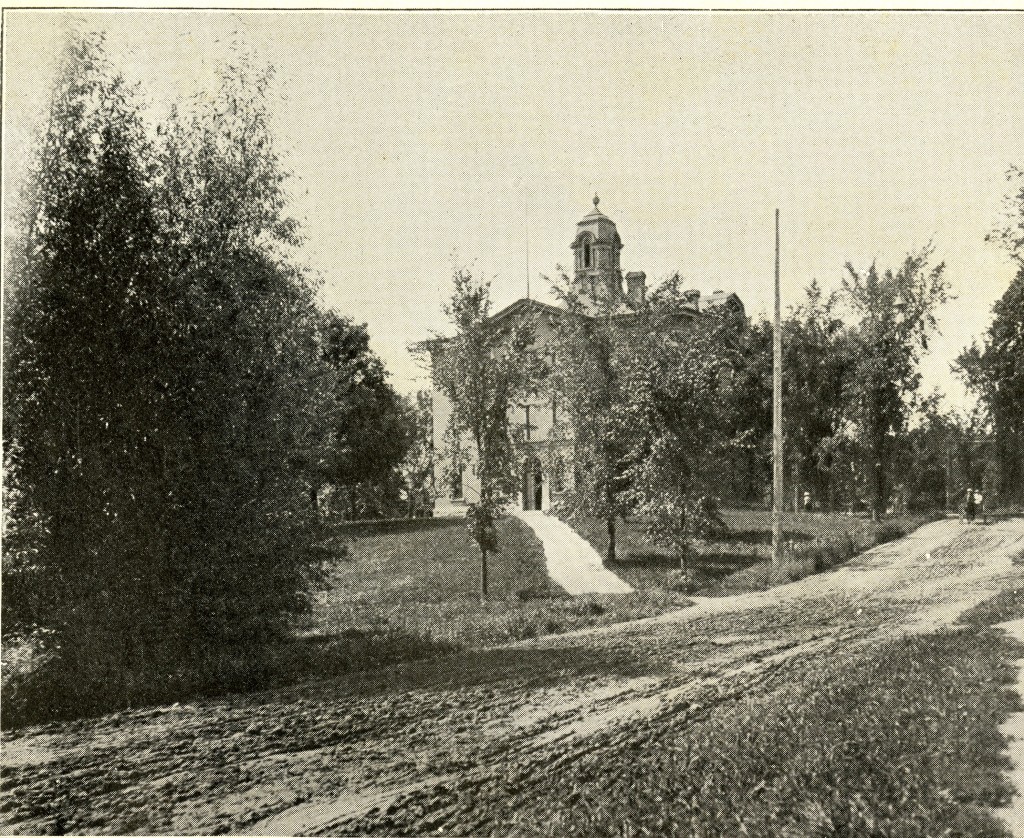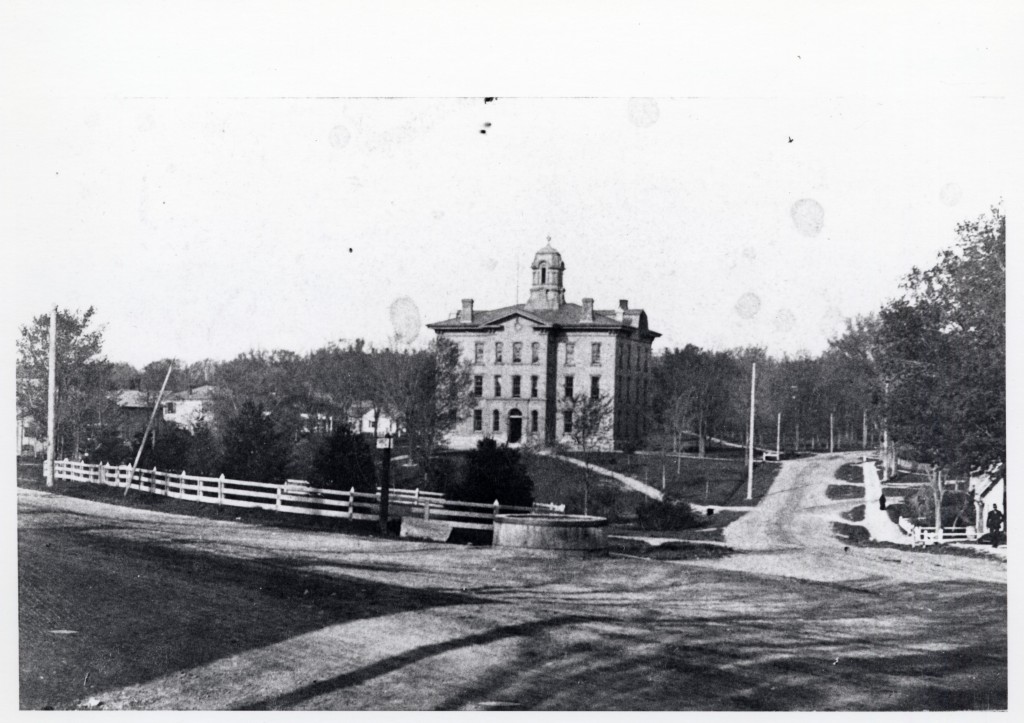 We are pleased to present, along with the New England Review as part of their VT Reading Series, a reading from Please Do Not Remove: A Collection Celebrating Vermont Literature and Libraries. This special event will take place in the Davis Family Library Special Collections and Archives Room 101, at 4:30 p.m., Tuesday, March 10. The book’s editor, Angela Palm, and three contributors—David Dillon, Karin Gottshall, and Gary Margolis—will read from and discuss selections from the anthology. A reception will follow, and copies of the book will be given as a door prize. Free.
We are pleased to present, along with the New England Review as part of their VT Reading Series, a reading from Please Do Not Remove: A Collection Celebrating Vermont Literature and Libraries. This special event will take place in the Davis Family Library Special Collections and Archives Room 101, at 4:30 p.m., Tuesday, March 10. The book’s editor, Angela Palm, and three contributors—David Dillon, Karin Gottshall, and Gary Margolis—will read from and discuss selections from the anthology. A reception will follow, and copies of the book will be given as a door prize. Free.
Please Do Not Remove (Wind Ridge Books, 2014) is an anthology of twenty works of prose and poetry by writers who represent Vermont’s rich literary tradition. Each piece in the book is inspired by an old library check-out card and incorporates libraries in some way. Corresponding color photographs of the cards, taken by Nick Adams, accompany each work. Ten percent of the book’s net proceeds will be donated to the Vermont Library Association for as long as the publication is in print.
David Dillon is a poet who lives and writes in Vermont’s iconic Northeast Kingdom town of East Albany. His poem “Northeast Kingdom Wind Song” recently was selected as the winner of the Vermont Broadside Poetry Competition. He was born in Vermont and worked as a journalist in New York, Pittsburgh, and Washington, D.C., before returning home. His most recent book is From the Porch.
Karin Gottshall is the author of Crocus, winner of the Poets Out Loud Prize, and several independent press chapbooks. Her new collection, The River Won’t Hold You, won the Ohio State University Press/The Journal Prize. Her poems have appeared in Crazyhorse, FIELD, The Gettysburg Review, New England Review, and many other journals. She teaches at Middlebury College.
Gary Margolis, PhD, is Emeritus Executive Director of College Mental Health Services and Associate Professor of English and American Literatures (part-time) at Middlebury College. His third book, Fire in the Orchard, was nominated for the 2002 Pulitzer Prize in Poetry. His poem “The Interview” was featured on National Public Radio’s “The Story” and Boston’s ABC Channel 5 interviewed him on the Middlebury campus reading his poem, “Winning the Lunar Eclipse,” after the 2004 World Series.
Angela Palm is the editor of Please Do Not Remove. Her essay collection, Riverine, is forthcoming from Graywolf Press in 2016 and is the recipient of the 2014 Graywolf Nonfiction Prize. She is a contributor at BookTrib and owns Ink & Lead Literary Services. She lives in Burlington, Vermont
For more on the New England Review and the NER VT Reading Series see http://www.nereview.com/ner-vt-reading-series/


